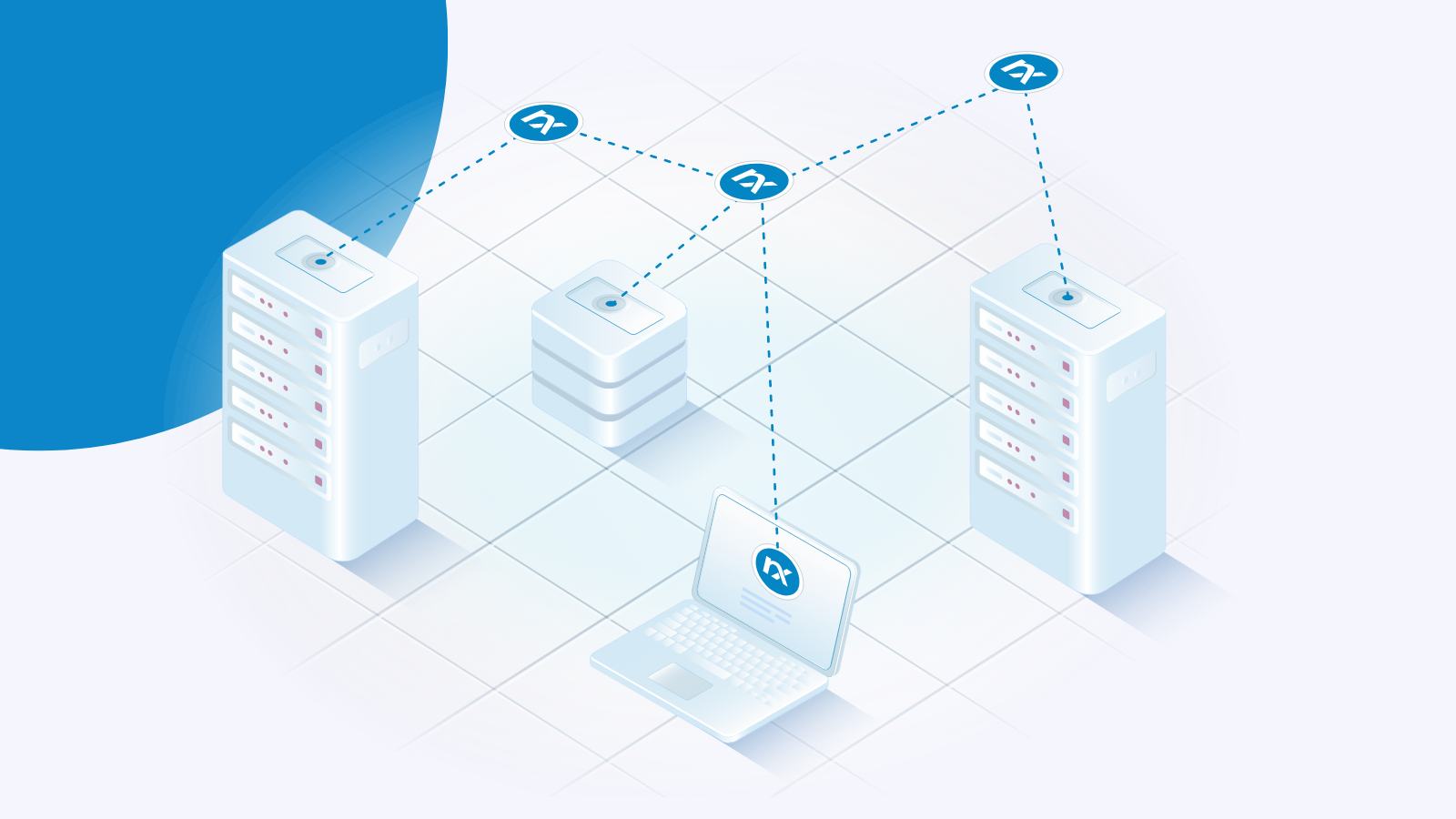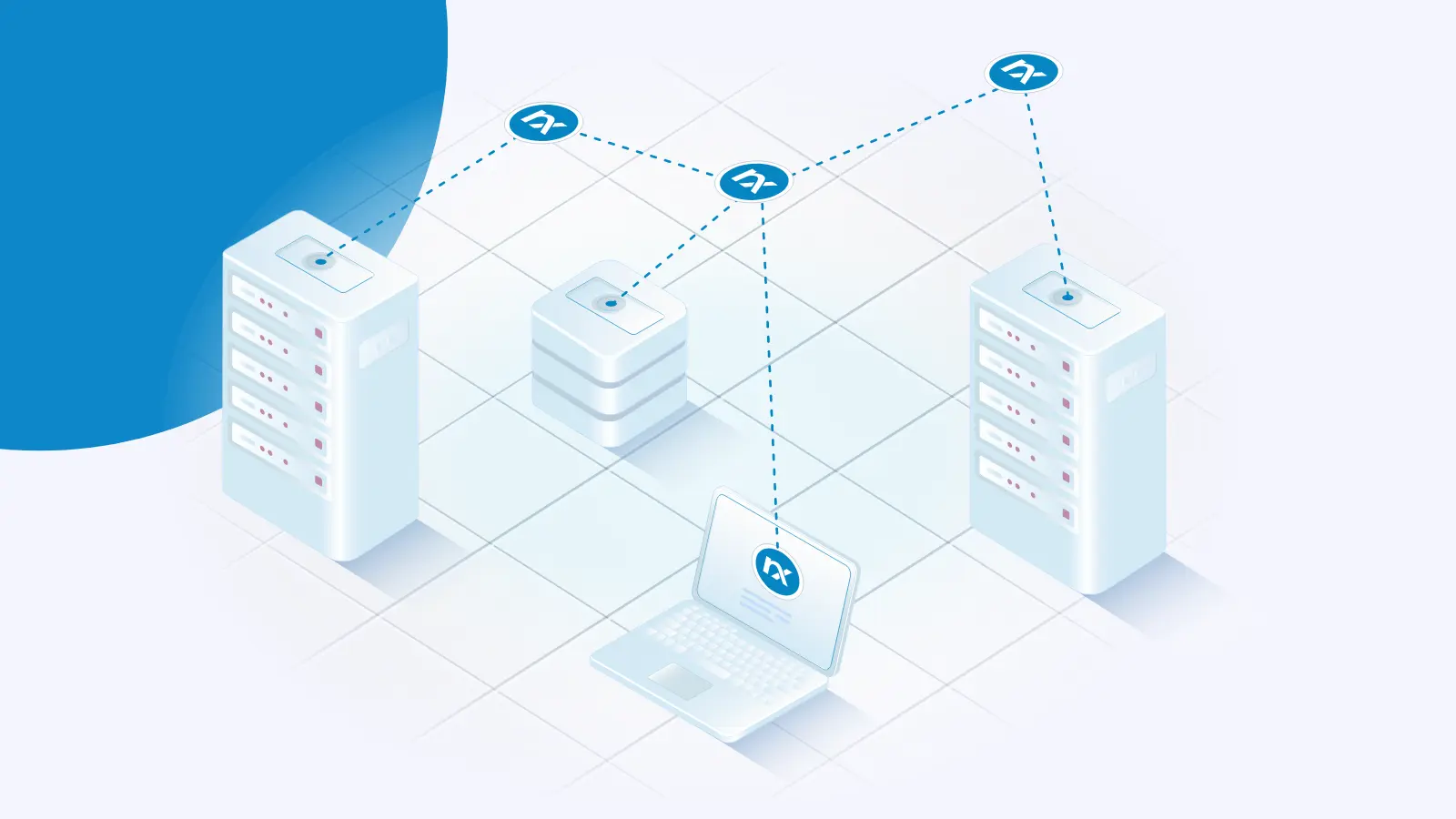performance | monitoring | prometheus | grafana
Gaining valuable host performance metrics with NXLog Platform
agent management | monitoring
Monitoring NXLog Agent with Zabbix using the Agent Management API
HA | High Availability | Fault Tolerance
High Availability and Fault Tolerance
deployment
Install and enroll NXLog Agent automatically with Ansible and the Agent Management API
deployment | strategy | siem
How to choose a log management solution
deployment | telemetry data pipeline
World of OpenTelemetry
deployment | telemetry data pipeline
What is a telemetry pipeline? Understanding and building effective telemetry data pipelines
security | announcement
The CrowdStrike incident and how the NXLog agent operates
deployment | strategy
What is agentless log collection?
log collection | cybersecurity
Ingesting log data from Debian UFW to Loki and Grafana
NXLog EE 6 | upgrade | NXLog EE 5
Upgrading from NXLog Enterprise Edition 5 to NXLog Enterprise Edition 6
DNS | Windows | Our customers asked
Our customers asked - Collecting Windows DNS resolved address with NXLog
syslog-ng | comparison | nxlog configuration
Need to replace syslog-ng? Changing to NXLog is easier than you think
raijin | elasticsearch | database | comparison | sql
Raijin vs Elasticsearch
deploying nxlog | puppet | scm | integration
Deploying and managing NXLog with Puppet
deploying nxlog | ansible | scm | integration
Deploying and managing NXLog with Ansible
configuration | agent
Putting together your first NXLog configuration
agent-based | agentless | log collection





